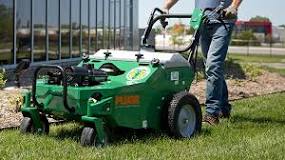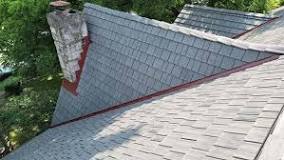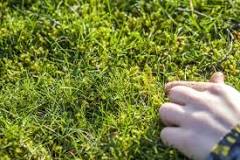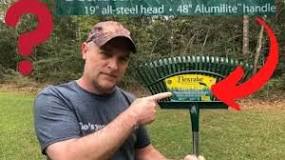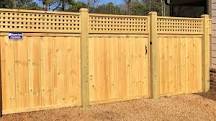So, what does vinegar do to ponds? Vinegar can help manage algae growth and improve water clarity, but it should be used with caution. While it’s a natural solution, there are some important things to consider before splashing it around.
Understanding Vinegar’s Role
Vinegar is primarily acetic acid diluted in water. When introduced to a pond, it can lower the pH, which might sound great for controlling pesky algae. But hold on! A sudden change in pH can stress fish and other aquatic life. Here’s a breakdown of how vinegar interacts with pond ecosystems:
Algae Control
- Natural Herbicide: Vinegar can effectively kill certain types of algae. If you’ve got a green carpet of algae taking over your pond, a vinegar treatment might help clear things up.
- Temporary Fix: It’s not a permanent solution. While it can reduce algae in the short term, without addressing the root causes (like excess nutrients), they’ll likely come back.
Impact on Water Quality
- pH Levels: As mentioned, vinegar can lower pH levels. A drop in pH can lead to an unhealthy environment for fish and plants.
- Oxygen Levels: The decomposition of dead algae (after vinegar treatment) can consume oxygen in the water, potentially leading to fish kills if not monitored.
Cautions to Consider
Using vinegar isn’t all rainbows and sunshine. There are some things you really need to think about:
Fish Safety
- Sensitivity: Different fish species have varying tolerances to pH changes. Some might thrive, while others could struggle or even die.
- Stress Levels: Sudden changes can stress fish out, making them more susceptible to diseases.
Ecosystem Balance
- Beneficial Bacteria: Vinegar doesn’t just target bad stuff; it can also harm beneficial bacteria that help break down waste and keep the ecosystem balanced.
- Plant Life: If you have aquatic plants, vinegar could negatively affect them too. Some plants might not bounce back after a vinegar treatment.
Summary
In short, vinegar can be a handy tool for managing algae in ponds but comes with its own set of risks. If you’re considering using it, make sure you’re prepared for the potential consequences on your pond’s ecosystem. Always think about the health of your fish and plants before diving in!
FAQ
Can I use any type of vinegar in my pond?
You should stick with distilled white vinegar for pond treatments. Other types might contain additives that could harm aquatic life.
How much vinegar should I use?
It’s best to start small—maybe a cup per 100 gallons of water—and monitor the effects before adding more.
Is there a better alternative to vinegar for controlling algae?
Yes! You might want to consider introducing beneficial bacteria or using barley straw as more sustainable options for long-term control.
How often can I apply vinegar?
Limit applications to once every few weeks and always observe how your pond reacts before doing it again.

